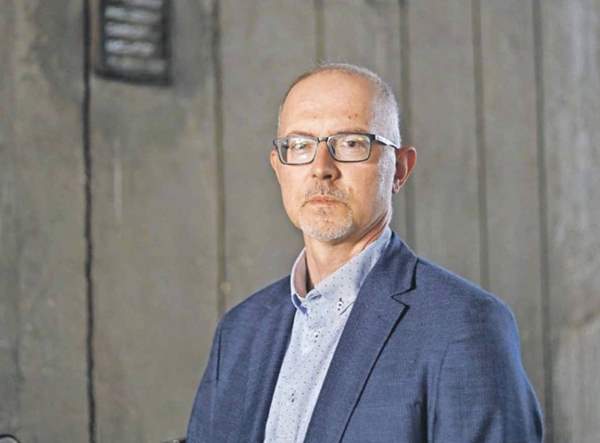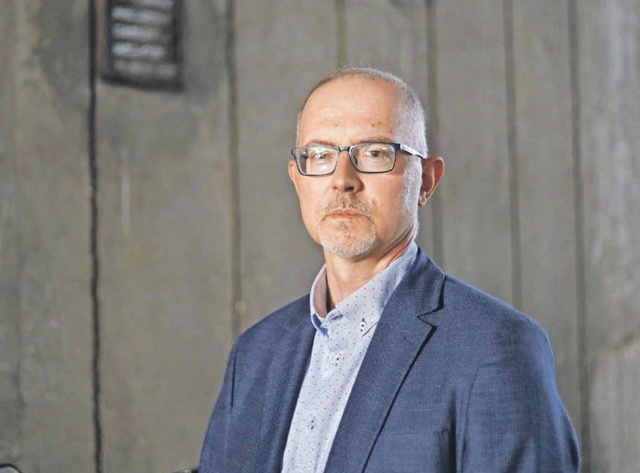
Respect for everything that lives on air

The right of (clean) air, breathing blockages, the future of civilization and space with professor Dr Lenart Škof.
"Plants, animals, and humans participate in the global exchange of oxygen, air. We have forgotten that we are all part of one atmosphere and reached the point where we must face that the Earth is only one. It is a connected system with perpetual exchange of elemental energies, which can be perceived on biological, chemical, physical, philosophical, and theological levels," emphasizes philosopher Dr. Lenart Škof.
We rarely know about breathing because it is natural, but our lives would be over after a few minutes without air. We assume that everything alive around us breathes, floating carelessly on this beautiful planet, the only one in the vast universe that we know it contains life, even though the Earth screams and shows us how destructive we have become about it. Too often, we don't care about our fellow man.
Respiratory philosophy points out our relationship to the atmosphere of breathing and air. Many experts from this field recently met in Portorož, Slovenia, at the conference 'Respiratory Philosophy: A Paradigm Shift in Philosophy', discussing air and breathing, which is connected by awareness about necessary changes in modern paradigms of thought. "The beginning of European science goes back to the Greek philosophy. Over the centuries, there has been a shift from the elements of nature from materiality to so-called spirituality in Europe. Etymologically, the word “spiritus” relates to the Indo-European root “spies”, which means to breathe or to blow. Many philosophers have completely forgotten this element and replaced it with a more immaterial, spiritual concept (manas). By the 19th century, Western philosophy had become a philosophy of thinking exclusively, justified on the mind, contrary to breathing or life force, which was cultivated by many indigenous cultures over the globe. Our intuition tells us that breath itself is closer to life," explains Lenart Škof, the Institute for Philosophical and Religious Studies at The Science and Research Centre Koper and the dean of the Institutum Studiorum Humanitatis Alma Mater Europaea.
Respecting breath is respecting the human
"At the conference, we wanted to emphasize the importance of the shift in the framework of philosophy, humanities, and social science, which deals with men and nature in terms of elements, such as water, fire, earth, and air. We understand breath as a fundamental human gesture of living and coexistence. When respecting the breath, you also respect the person who breathes and everything that lives from and through the air."
Only when we run out of air we become aware of breathing. “Now you have articulated why we are in Anthropocene; why have we reached the extreme point of humanity when we must realize it? Indeed, plants breathe differently than humans or animals. But basically, it's about air exchange. Let's look at the problem of polluted air or the problem of unfair life of people: some people are born in areas where they breathe heavily polluted air. We don't have to go far; it is in Belgrade, Bangladesh, Beijing, and even here in Soška dolina (Slovenia). This is about the elementary right of clean air. I understand it as an elementary right, just like the right of clean water, which we wrote in the constitution," explains Dr. Škof and adds: "We deal with this in the philosophy of breathing; however, it is not only a philosophical but ecological, social and political problem, which is why our research is interdisciplinary and internationally oriented."
Excerpt from the full interview published in Delo on July 20, 2023
By Saša Senica
